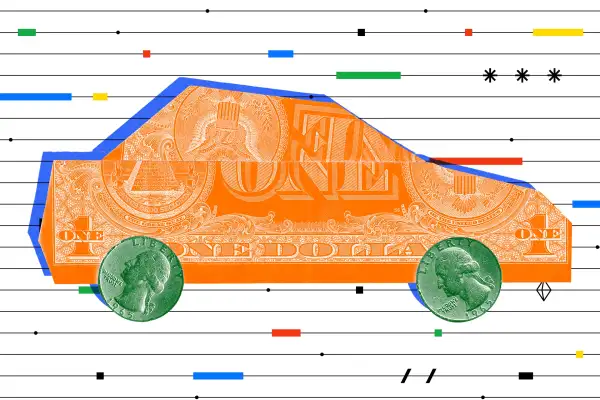Car Dealers Have So Much Inventory That They're Dropping Prices

New car prices are on the decline as the highest inventory levels in years force dealers and automakers to reduce their margins.
The average price of a new vehicle was $47,401 in January, which is a 2.6% drop from the average price in December of $48,652, according to Kelley Blue Book data.
New car prices are also down by 3.5% compared to a year ago. In January 2023, the average price was $49,125, making this decline noteworthy as new car prices almost always rise year over year.
“Prices have been trending downward for roughly six months now as automakers are sweetening deals to keep the sales flowing,” Erin Keating, executive analyst for Cox Automotive, said in a report.
In other words, car prices are falling as the number of cars on dealers’ lots rises. New vehicle inventory currently stands at 2.66 million units, according to Cox data, which is a 49% increase in the past year.
Increased vehicle production and relatively low buyer demand are the main factors leading to the rise — and discounts to lure in buyers. For example, qualifying customers can get up to $7,850 cash back on certain 2023 Dodge Durango models.
Despite the recent decline in average transaction prices, car prices are still up nearly $11,000 since January 2020. Auto loan rates are also higher, which means affordability remains a major issue for America's drivers.
The average auto loan rate on a new vehicle is 9.68%, only slightly lower than the recent peak of 9.95% recorded in mid-October (which was the highest level in at least five years). In fact, experts say many would-be buyers are waiting to shop for their next car until financing options improve.
“With rates higher so far this year, the consumer has limited sense of urgency right now other than cash in hand,” Jonathan Smoke, chief economist at Cox, said in a separate report Tuesday.
For buyers with good credit scores, it’s still possible to find a low-APR financing deal, especially if you’re shopping for a less-in-demand vehicle. Per Cox, more than 13% of car buyers are securing APRs under 3%.
In the used vehicle market, prices are also down from last year. The average list price was was $25,328 in January, which is 4% lower than a year ago, according to Cox. But used auto loan rates are even higher than they are for new vehicles, and a recent report from car ownership app Jerry found that most American households can't even afford the average used car.

